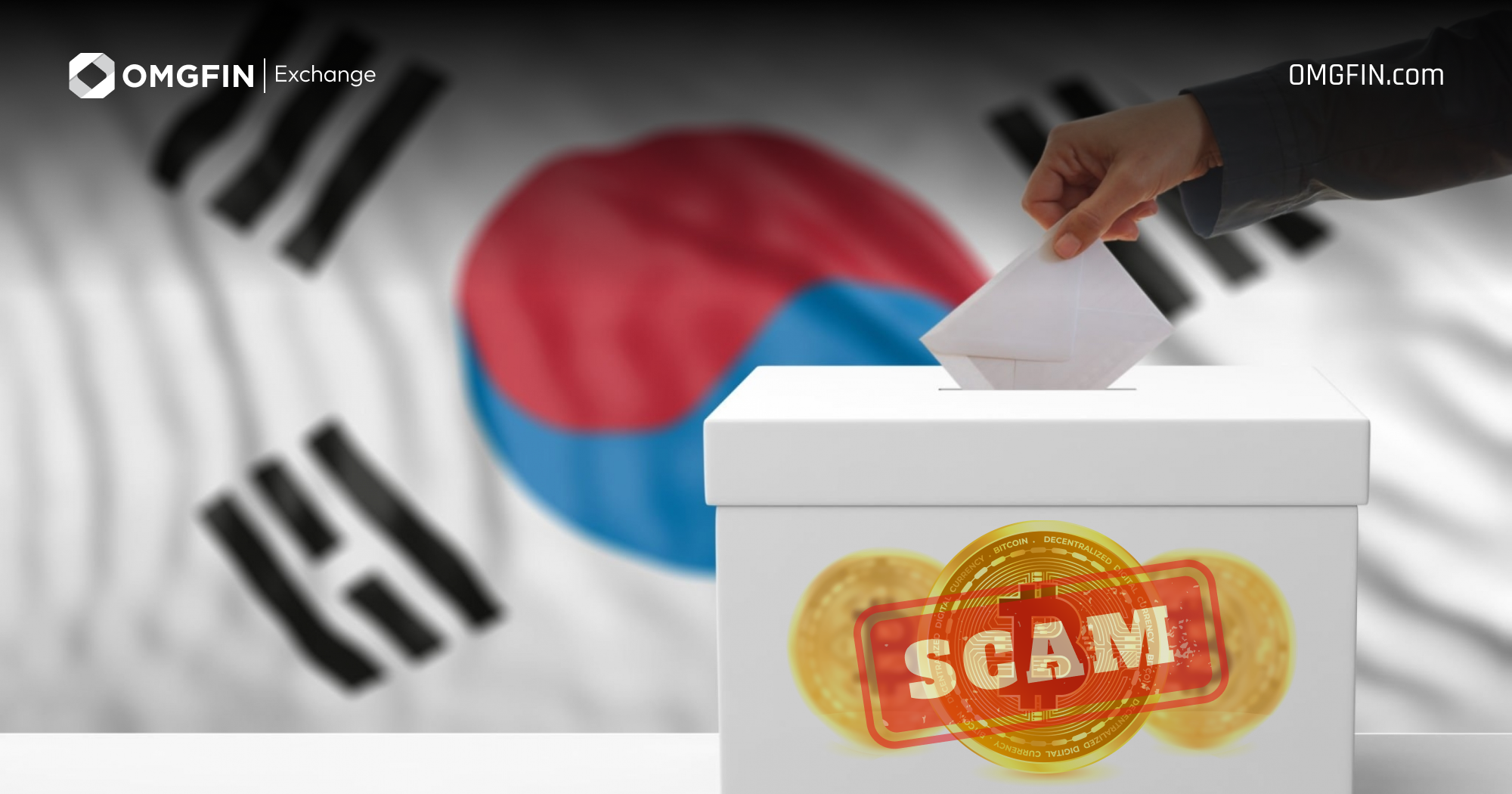South Korean Parliament Rejects Motion to Expel Lawmaker Over Crypto Scandal
Print
Modified on: Thu, 31 Aug, 2023 at 12:35 AM
Learn about the parliamentary ethics subcommittee's decision in South Korea to reject the motion to expel lawmaker Kim Nam-kuk over a crypto scandal. Understand the context of the WEMIX token scandal and its implications for crypto-related transparency efforts in the country.

The parliamentary ethics subcommittee in South Korea has voted against expelling Kim Nam-kuk, a former member of the main opposition Democratic Party, following a 3-3 vote on the expulsion motion. The proposal was rejected on August 29 after an even split between the ruling People's Power Party and the Democratic Party. A majority vote was required for the motion to be passed.
Earlier this year, Kim faced scrutiny when it was discovered that he had held at least $4.5 million worth of Wemix (WEMIX) tokens, developed by South Korean blockchain game developer Wemade. These tokens had been tradable on major exchanges in South Korea before being delisted due to a local court order in late 2022. Kim's investment in WEMIX tokens raised concerns about potential conflicts of interest, insider trading, and money laundering.
The case contributed to the initiation of a legal effort in South Korea to require officials to disclose their holdings of cryptocurrencies like Bitcoin. This move towards transparency is not unique to officials; in July, South Korea's Financial Services Commission announced a new bill that would mandate all firms issuing or holding cryptocurrencies to disclose their holdings starting in 2024. Moreover, the city of Cheongju in South Korea announced its intention to confiscate cryptocurrency from local tax delinquents, requiring exchanges like Upbit and Bithumb to report such individuals.
(HELEN PARTZ, CoinTelegraph, 2023)
Did you find it helpful?
Yes
No
Send feedback Sorry we couldn't be helpful. Help us improve this article with your feedback.

